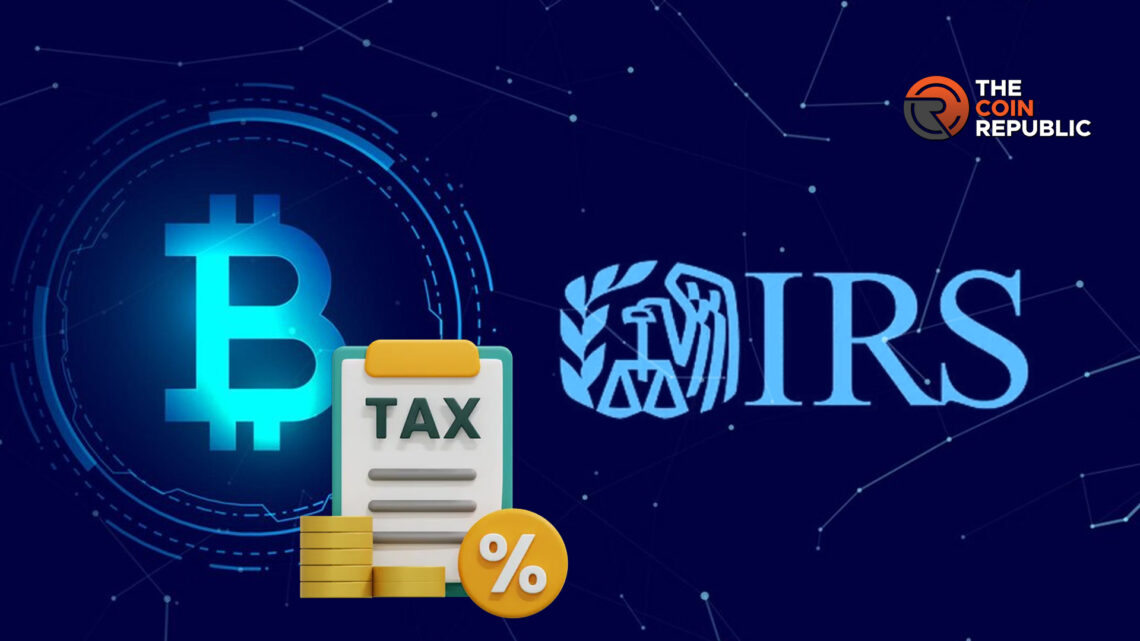The cryptocurrency landscape in the United States is undergoing significant changes in 2025, with new regulations, stricter tax reporting requirements, and evolving oversight from federal and state agencies. As the Trump administration pushes for a more crypto-friendly environment, lawmakers are also tightening rules to prevent fraud, money laundering, and tax evasion.
This article covers:
- Key regulatory changes in 2025 (GENIUS Act, SEC & CFTC updates)
- Stricter tax reporting rules (IRS guidelines, wash sale loopholes)
- State vs. federal crypto laws (BitLicense, California’s DFAL)
- Impact on investors, exchanges, and businesses
- Global comparisons & future outlook
1. 2025’s Major Crypto Regulatory Changes
A. The GENIUS Act: Federal Oversight for Stablecoins
In July 2025, President Trump signed the GENIUS Act (Guiding and Establishing National Innovation for U.S. Stablecoins) into law, marking the first major federal crypto legislation in U.S. history 14. The law introduces:
- Full reserve backing – Stablecoin issuers must hold 100% reserves in cash or short-term Treasuries.
- Monthly audits & disclosures – Companies must publicly report reserve compositions.
- Bankruptcy protections – Stablecoin holders get priority if an issuer collapses.
- Anti-money laundering (AML) rules – Issuers must comply with FinCEN’s BSA regulations 4.
However, critics argue the law has loopholes, such as exempting foreign stablecoins (like Tether’s USDT) from strict oversight, which could enable money laundering 7.
B. SEC’s Shift: From Enforcement to Structured Compliance
Under SEC Chair Paul Atkins, the agency has:
- Paused lawsuits against major exchanges like Coinbase and Binance 6.
- Launched “Project Crypto” – A new initiative to modernize securities rules for digital assets 2.
- Clarified token classifications – Some cryptocurrencies may no longer be treated as securities 9.
Despite this lighter touch, the SEC still enforces fraud and market manipulation cases, especially against shady ICOs and meme coins 6.
C. CFTC’s Expanded Role in Crypto Derivatives
The CFTC now has stronger oversight over crypto derivatives (futures, options, swaps). Key changes include:
- Tighter market manipulation rules – Penalties for wash trading and spoofing.
- Clearer commodity definitions – Bitcoin and Ethereum remain commodities, not securities 8.
2. Stricter Tax Reporting Requirements
A. IRS Tightens Crypto Tax Rules
The IRS continues to treat crypto as property, meaning every trade, sale, or payment triggers a taxable event. New 2025 updates include:
- Stricter Form 1099 reporting – Exchanges must report transactions over $10,000.
- Crypto wash sale rule (pending) – Congress may close the loophole allowing investors to sell and rebuy assets to claim artificial losses 10.
- Higher penalties for non-compliance – Failure to report crypto gains can lead to audits and fines.
B. The Wash Sale Loophole (Still Open… For Now)
Currently, the IRS wash sale rule (26 U.S. Code § 1091) does not apply to crypto, meaning investors can:
- Sell a crypto asset at a loss.
- Immediately rebuy it.
- Claim the loss on taxes without waiting 30 days 10.
However, lawmakers have repeatedly tried to extend the wash sale rule to crypto, so conservative investors should avoid this strategy 10.
C. State-Level Crypto Taxes
- California – New Digital Financial Assets Law (DFAL) imposes $100,000/day fines for unlicensed crypto activity starting in 2026 3.
- New York – The BitLicense remains one of the strictest state-level crypto regulations 3.
3. State vs. Federal Crypto Laws: A Patchwork System
While the GENIUS Act creates a federal framework, states still enforce their own rules:
| State | Regulatory Approach |
|---|---|
| Wyoming | Crypto-friendly (allows DAOs, crypto banks) |
| Texas | Pro-mining, low taxes |
| New York | Strict (BitLicense required) |
| California | DFAL imposes heavy fines |
This regulatory patchwork makes compliance complex for businesses operating nationwide 311.
4. Impact on Investors, Exchanges & Businesses
A. For Investors
- More transparency – Stablecoin reserves are now publicly audited.
- Higher compliance burden – Must track every crypto transaction for taxes.
- Risk of stricter wash sale rules – Could limit tax-loss harvesting strategies.
B. For Exchanges & Custodians
- Stricter KYC/AML checks – Must verify customer identities.
- Licensing hurdles – Need both federal and state approvals.
- Banking partnerships – Easier now that SAB 121 was reversed, allowing banks to custody crypto without balance sheet liabilities 6.
C. For Businesses Using Crypto
- Stablecoins for payments – Now more regulated (GENIUS Act).
- Tax complexities – Must track crypto payroll, vendor payments.
- DeFi challenges – Still in a regulatory gray area 7.
5. Global Comparisons & Future Outlook
A. USA vs. EU’s MiCA
- The U.S. lacks a unified framework like the EU’s Markets in Crypto-Assets (MiCA) Regulation.
- MiCA requires pre-market authorization for crypto firms, while the U.S. relies on agency enforcement 8.
B. Future Predictions for 2025-2026
- More crypto ETFs – Bitcoin and Ethereum spot ETFs are already approved; more may follow 8.
- CBDC ban – The Anti-CBDC Surveillance State Act blocks a U.S. digital dollar 7.
- Crackdown on offshore exchanges – Tighter rules for platforms like Binance and KuCoin.
Conclusion: Navigating the New Crypto Regulatory Landscape
2025 brings both opportunities and challenges for crypto in the U.S.:
✅ Pro-growth policies (GENIUS Act, lighter SEC enforcement).
⚠️ Stricter taxes & reporting (IRS crackdown, possible wash sale rule).
❌ State-level hurdles (BitLicense, California’s DFAL).
Key Takeaways:
- Track every transaction for tax purposes.
- Avoid wash sales—Congress may close the loophole soon.
- Stay updated—Regulations are evolving fast.
For businesses and investors, adapting to these changes is crucial to avoid penalties and capitalize on crypto’s growth in 2025 and beyond.
SEO-Optimized Keywords:
- 2025 crypto regulations USA
- GENIUS Act explained
- IRS crypto tax rules 2025
- Crypto wash sale rule update
- SEC vs. CFTC crypto oversight
- Stablecoin regulations 2025
- New York BitLicense guide
- California DFAL crypto law
- Best crypto-friendly states
- Future of DeFi regulation





